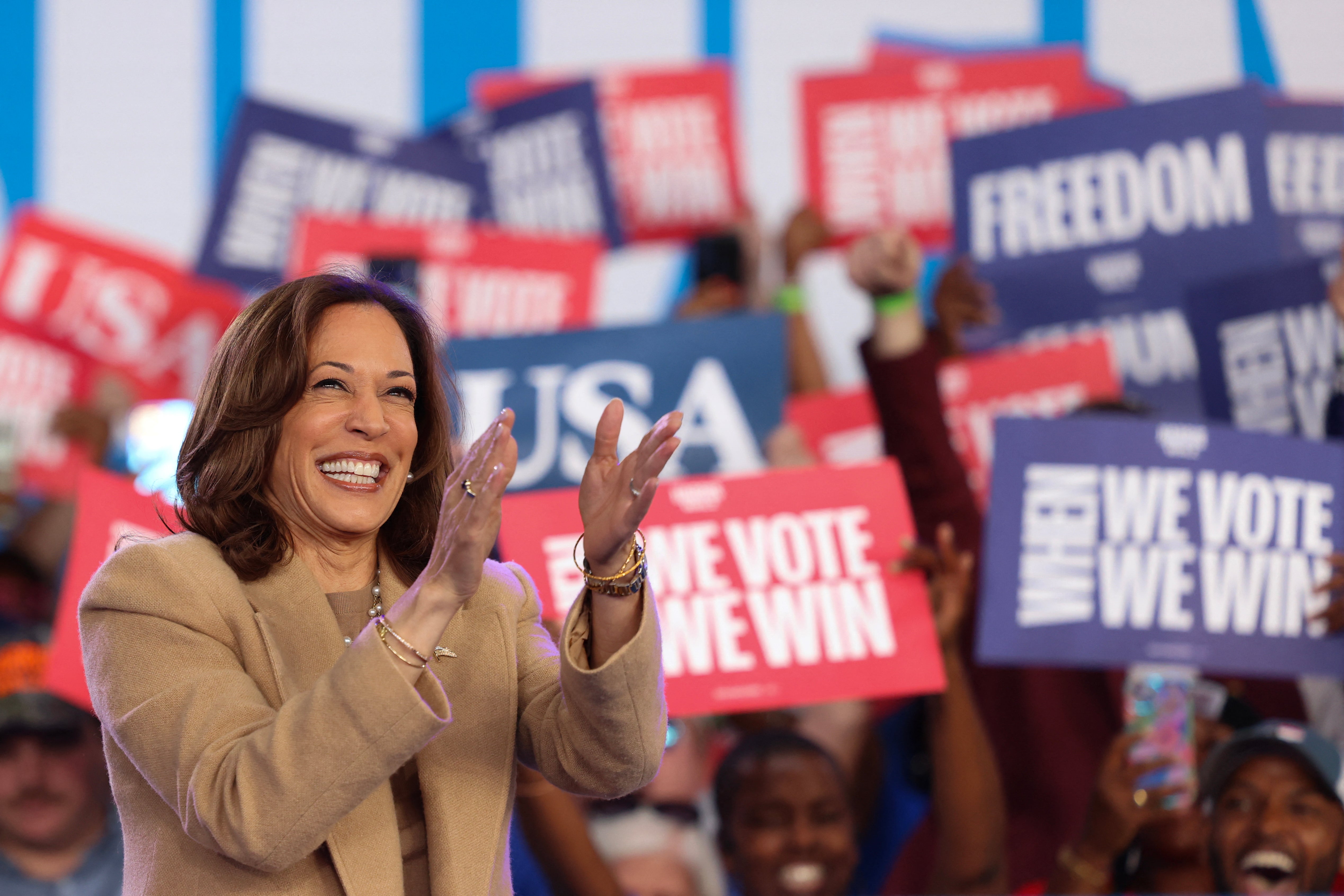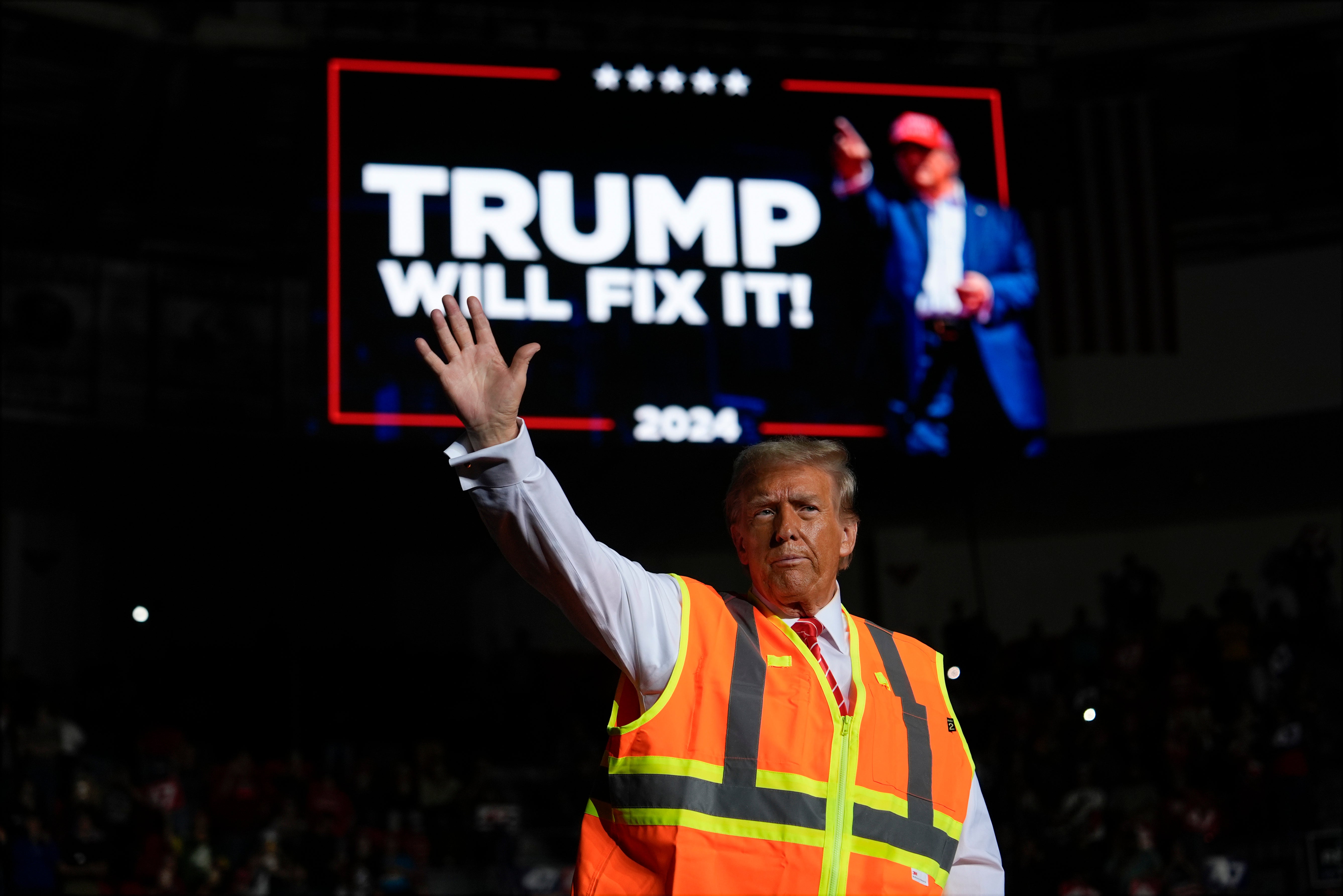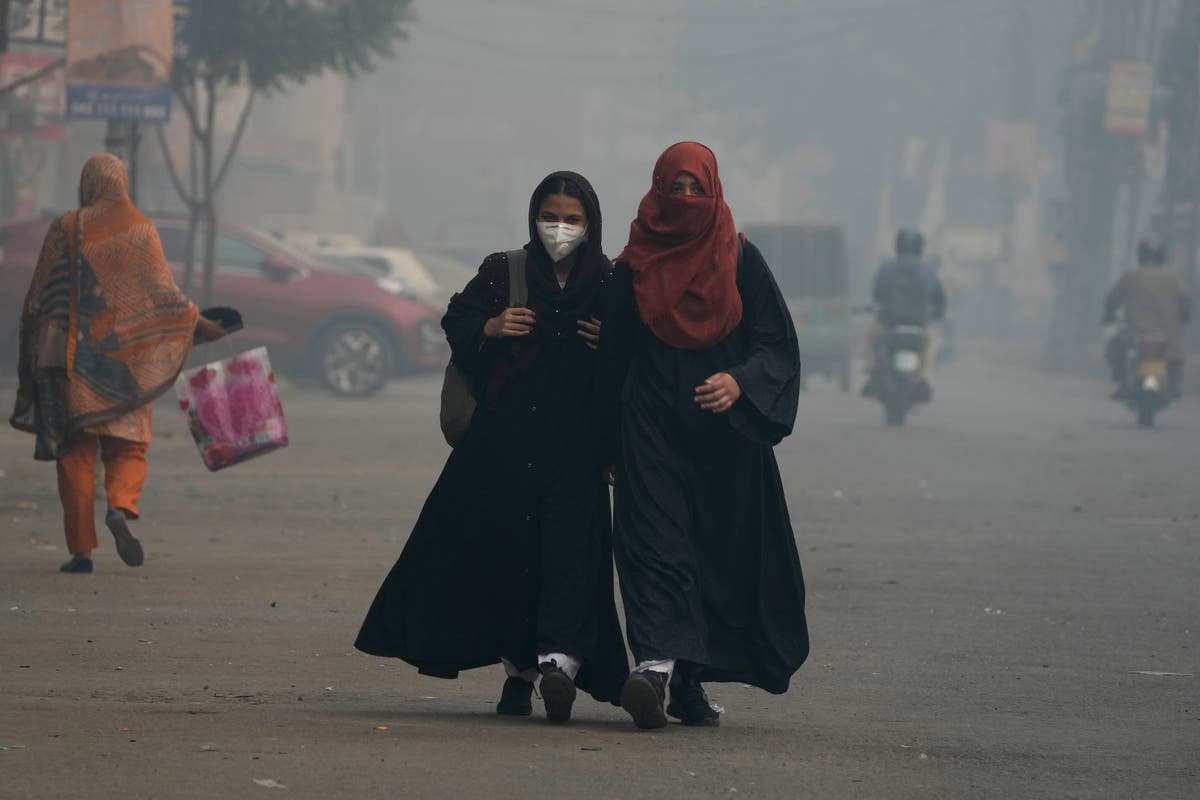A majority of voters across the United States have a pessimistic outlook on the country with the state of democracy and economy among the top two concerns, preliminary exit polling data indicates.
Approximately three-quarters of voters surveyed feel negative about the direction the country is headed in – a figure consistent with polling data over the past few months. About 29 percent of those surveyed said they feel angry, according to NBC News exit polling data.
Overall, 35 percent of voters said democracy was the most important issue to them while 31 percent ranked the economy as number one. Fourteen percent said abortion, while immigration was only ranked by 11 percent.
While abortion was expected to be a top issue for women voters, two in 10 said it was the most important to them.
Men ranked immigration as their top issue – slightly higher than women, the exit polling data found.
Concerns for democracy matched the grim outlook many voters reported. Roughly 3 in 4 voters said they believe democracy is being threatened – a concern that Vice President Kamala Harris’s campaign has attributed to Donald Trump’s actions.
The NBC News exit polling data found that concerns about democracy were a top issue for voters who cast their ballot for Harris. Those same voters listed abortion as their second-most important issue, another topic the vice president has made a pillar of her campaign.

Meanwhile, half of Trump voters listed the economy as the most important issue while 20 percent pointed to immigration.
The former president has continuously claimed immigration is the top concern for voters, not the economy, despite polling data indicating the opposite. He’s promised voters to conduct mass deportations of undocumented immigrants if he is re-elected.

Most voters said they cast their ballot for a candidate based on their ability to lead. A quarter said they chose a candidate who could bring change to the country while roughly 21 percent said they prioritized a candidate with good judgment.
Exit polls are surveys conducted immediately after voters leave their polling station. Pollsters will typically ask voters who they cast their ballot for, why they voted for that candidate, what their biggest concerns are as well as the voter’s demographic information.

These give media organizations and political analysts a sense of election results before official data is available.
Exit polling data may change throughout the night as more data comes in.





